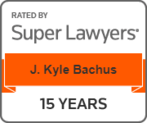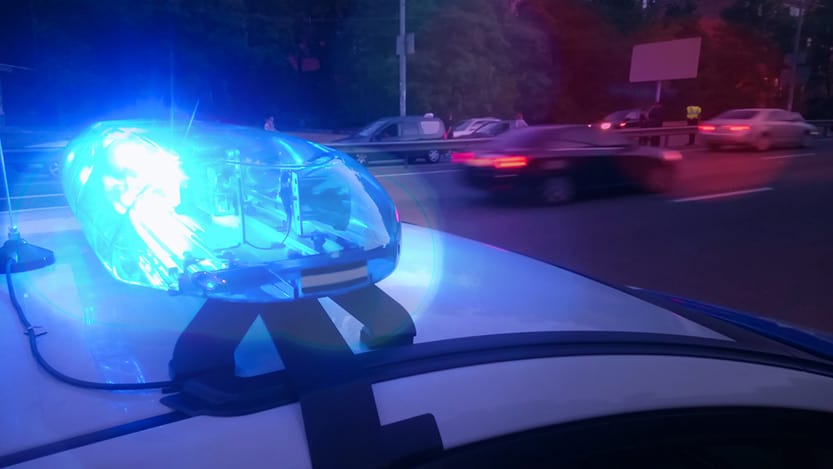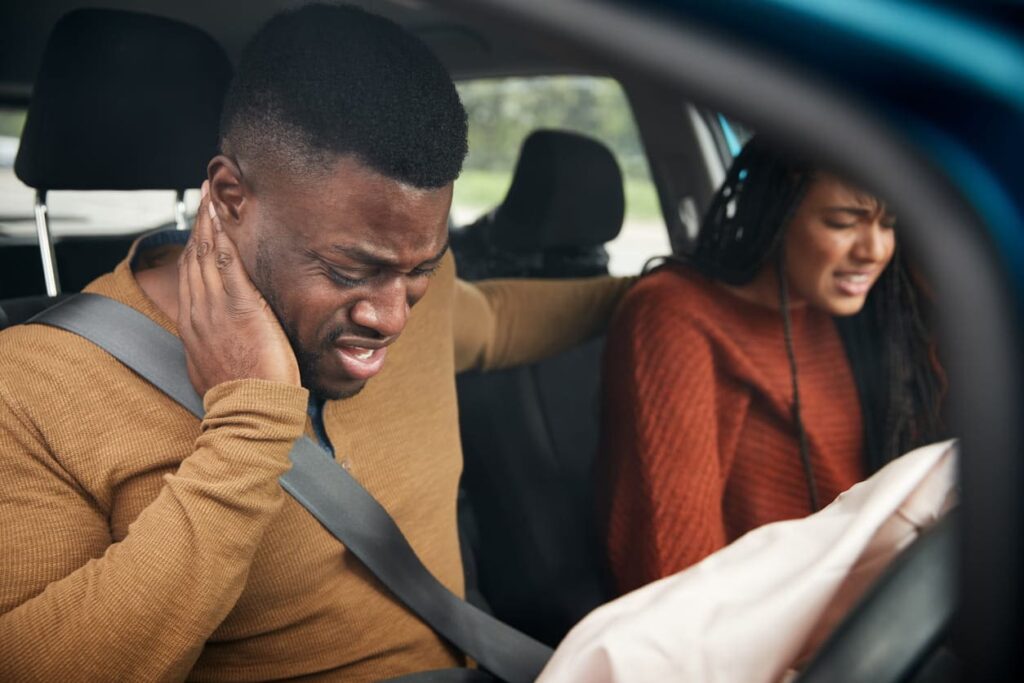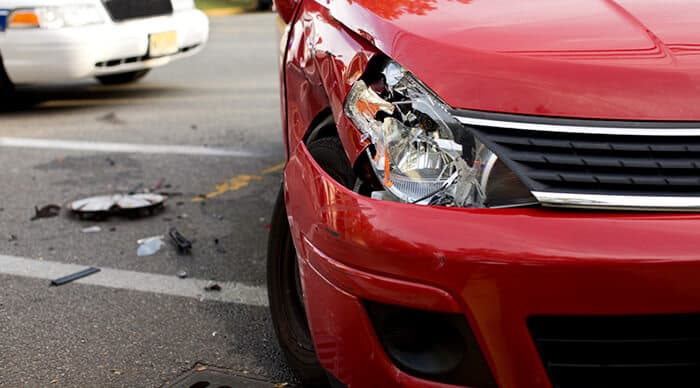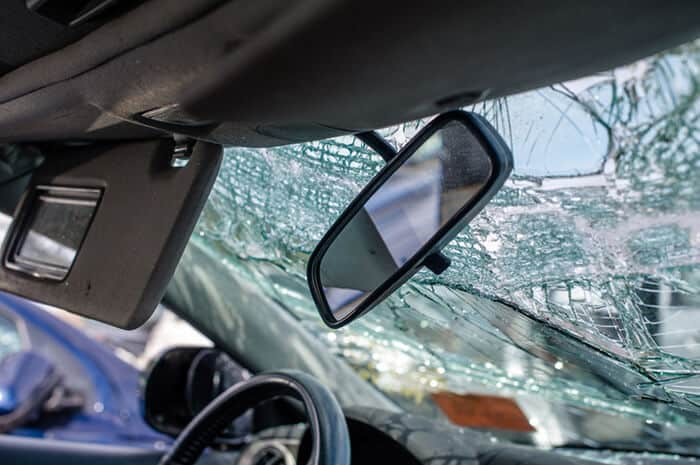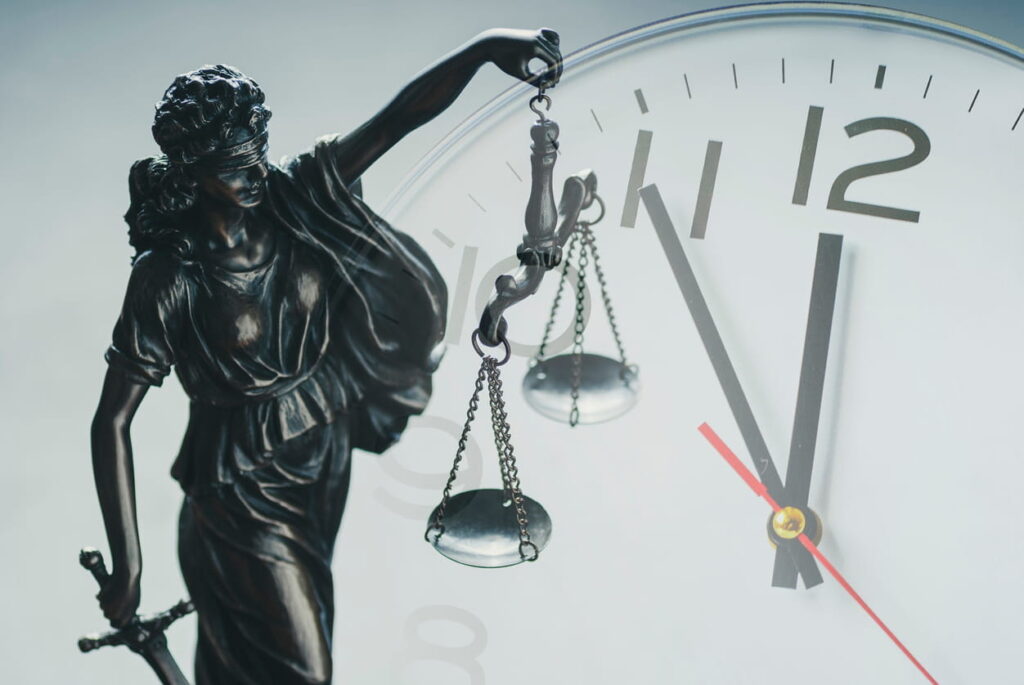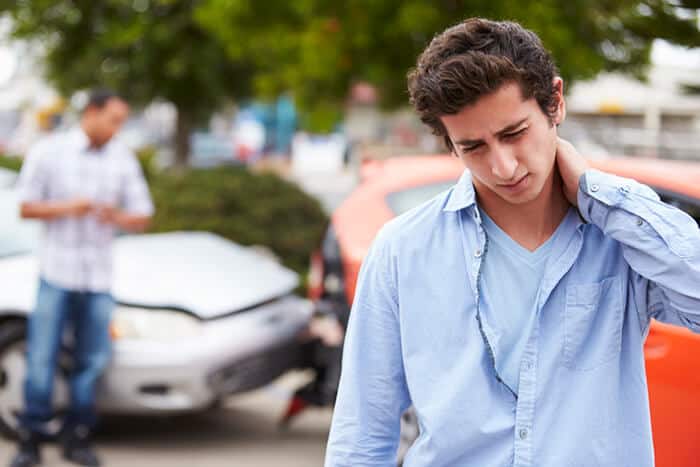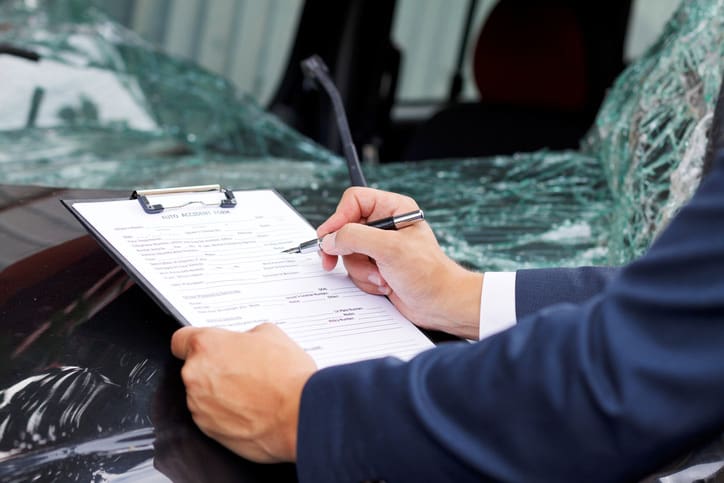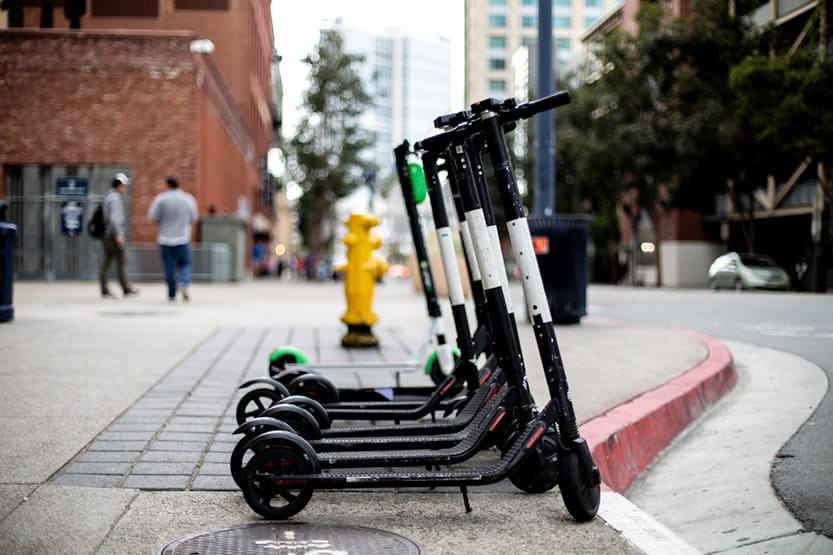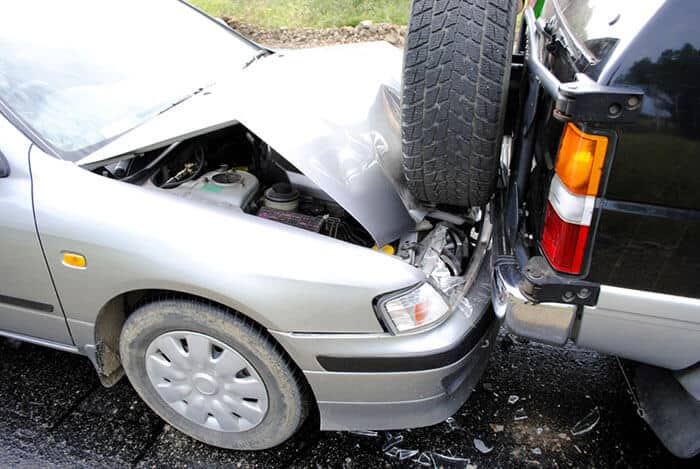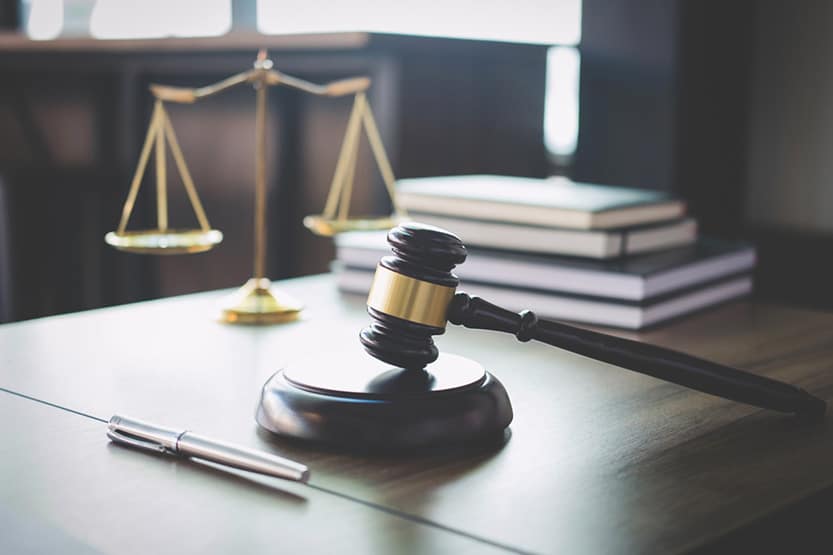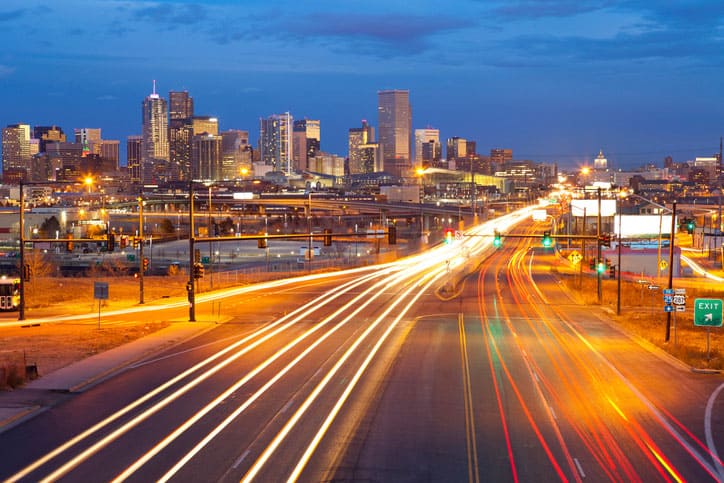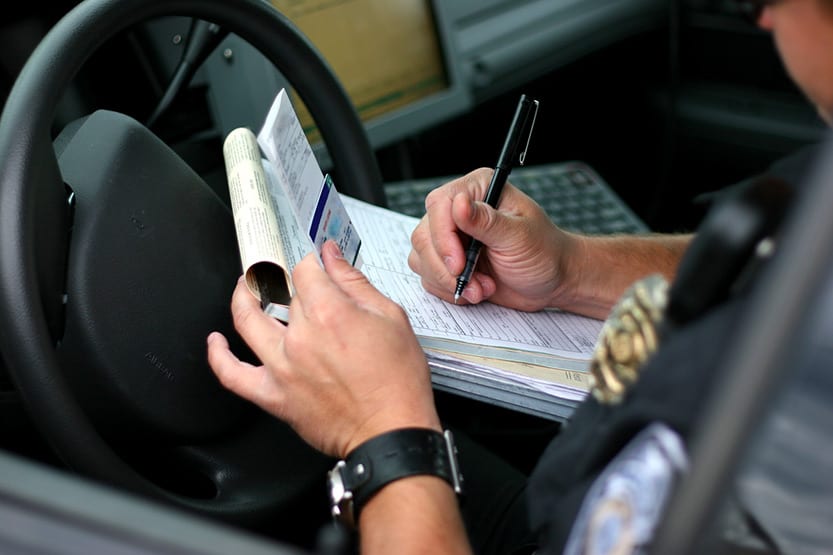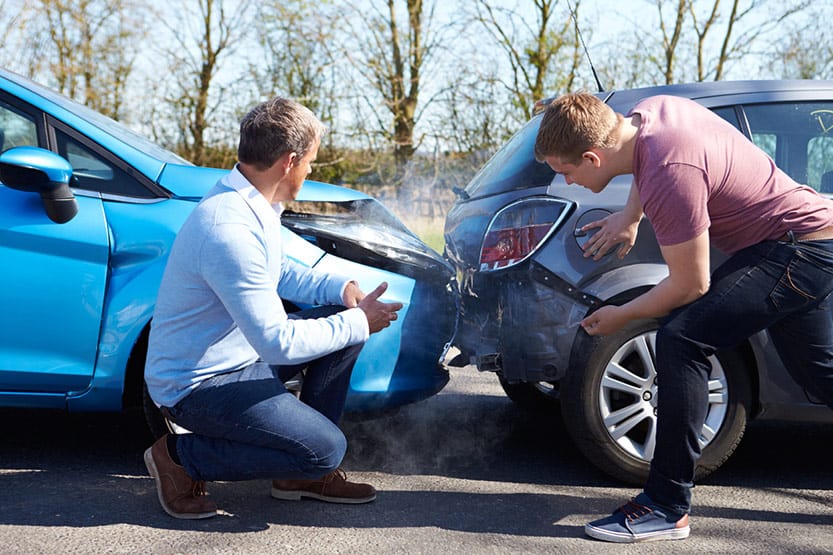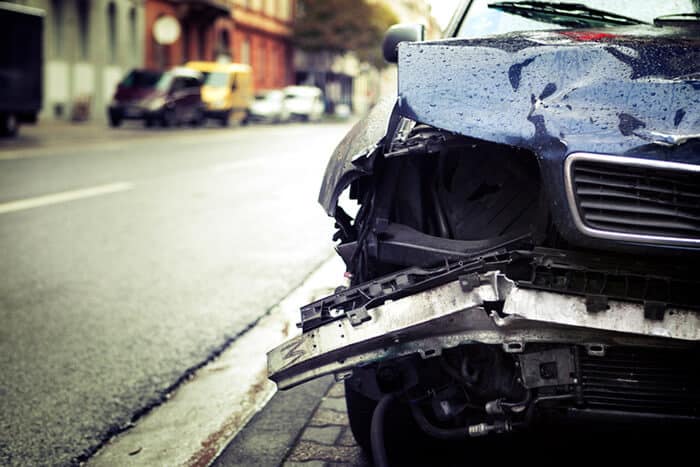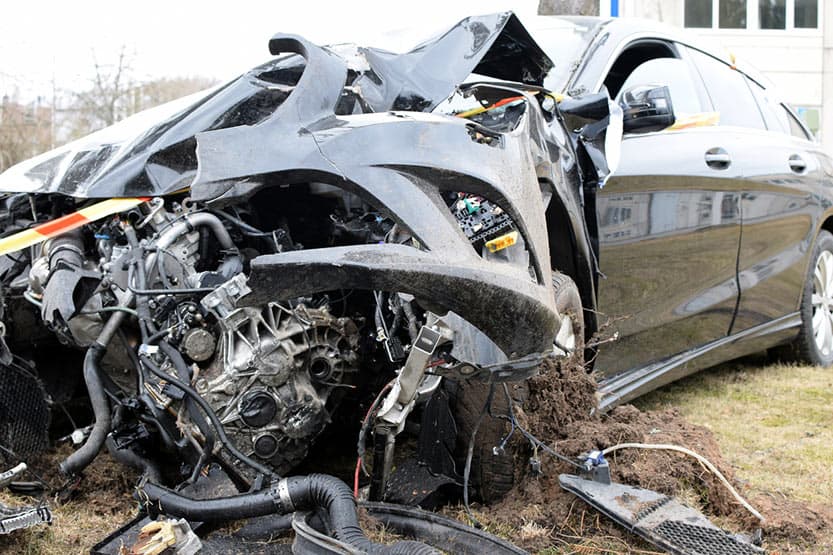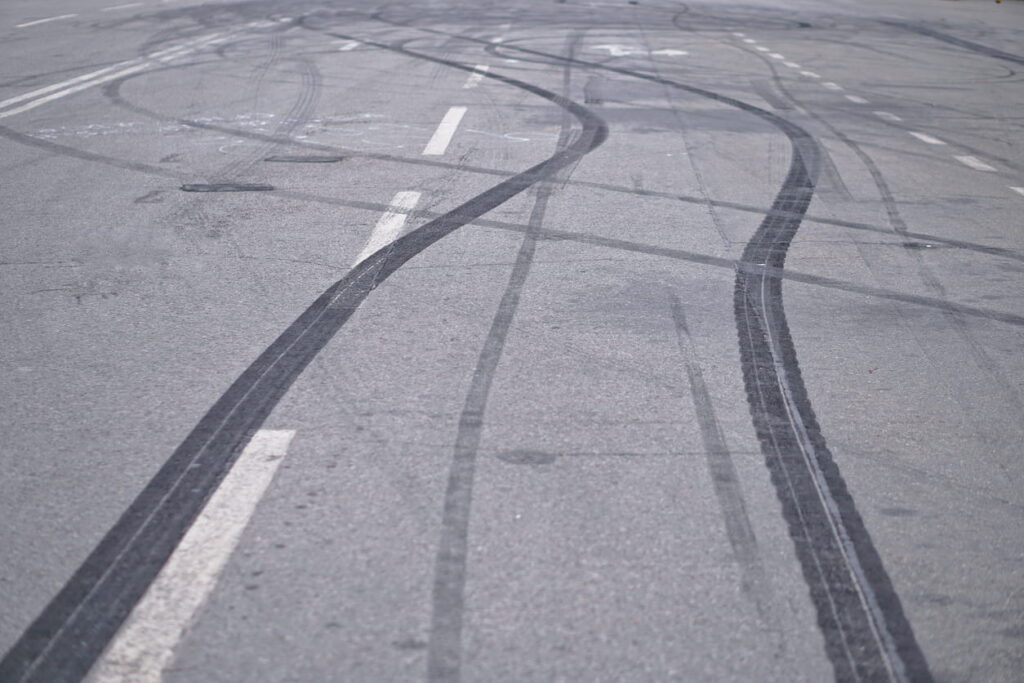COLORADO CAR ACCIDENT LAWS
If you’re in a car accident in Colorado, there are a variety of laws that may impact and affect you. Car accident laws cover things like who qualifies to claim compensation, calling the police after an accident, and even the obligations of insurance companies. When you’re involved in a car crash, understanding the laws in place can help you know what to do and how to exercise your rights effectively. Our Denver, CO car accident attorneys explain Colorado car accident laws.
Bachus & Schanker Wins – Over $1 Billion Recovered
- What Are Colorado Car Accident Laws?
- Negligence/Tort law
- Comparative Fault – Colorado Revised Statutes 13-21-111
- Statute of Limitations – Colorado Revised Statutes 13-80-101
- Insurance Company Duty of Good Faith – Colorado Revised Statutes 10-3-1115
- Duty to Report Accidents to Police – Colorado Law 42-4-1606
- Colorado Traffic Laws – Colorado Revised Statutes Title 42
- Colorado Car Accident Attorneys
- Related Car Accident Resources
- You Deserve Fair Compensation
If you’re in a car accident in Colorado, there are a variety of laws that may impact and affect you. Car accident laws cover things like who qualifies to claim compensation, calling the police after an accident, and even the obligations of insurance companies. When you’re involved in a car crash, understanding the laws in place can help you know what to do and how to exercise your rights effectively. Our Denver, CO car accident attorneys explain Colorado car accident laws.
What Are Colorado Car Accident Laws?
Car accident laws are both civil and criminal. They give an accident victim the right to sue for damages. They also set standards for filing deadlines and comparative fault. Even insurance companies in Colorado have car accident laws to follow. Altogether, Colorado car accident laws state the rights and obligations of the parties involved in a car accident.
Car accident laws in Colorado include the following:
Negligence/Tort law
Car accident laws involving negligence cover the fundamental right to bring a lawsuit for compensation after a car accident. Negligence laws are laws that the courts have created through their rulings.
An example of a case that involves negligence laws is Observatory Corp v. Daly.[1] Negligence laws may also be referred to as tort laws.
The elements of negligence in Colorado are duty, breach, causation, and damages. The victim must show that the other party breached a duty to others to act with care and caution. Usually, this refers to a negligent driver, but it can also mean a bicyclist or pedestrian who causes an accident.
When a victim of a car accident can prove that another party’s negligence caused their damages, they may bring a claim for compensation under Colorado’s car accident laws. The legal standard for who qualifies to bring a car accident lawsuit is the elements of negligence, as stated in Colorado tort law.
Comparative Fault – Colorado Revised Statutes 13-21-111
An essential part of Colorado car accident law is comparative fault. Unlike the general negligence laws, which are stated in previous court opinions, comparative fault for car accidents is a law passed by the legislature. Colorado Revised Statutes 13-21-111 is the Colorado law for comparative negligence or comparative fault.[2]
Under Colorado’s comparative fault car accident law, a victim may recover damages for an accident if they’re less than 50% responsible for the accident. If a victim shares responsibility for an accident but is less than 50% at fault, they collect a reduced share of their damages. The amount of damages is reduced by the percentage of fault that they have for the accident. It’s the jury who determines whether comparative fault applies and how much the accident victim is at fault for the accident.
Statute of Limitations – Colorado Revised Statutes 13-80-101
The Colorado statute of limitations is the amount of time that the victim has to bring their car accident claim. The victim of the car accident must initiate their case by the last day of the deadline. In Colorado, the deadline is three years. The Colorado statute of limitations for car accident claims is three years. The law is Colorado Revised Statutes 13-80-101.[3]
Meeting the statute of limitations occurs by filing a legal complaint in the appropriate court. Reporting the accident to the insurance company isn’t enough. Even if the insurance company is communicating with you and negotiating your case, you must still make sure that you get a legal complaint filed by the deadline of the statute of limitations. The statute of limitations applies to all car accident cases in the State of Colorado.
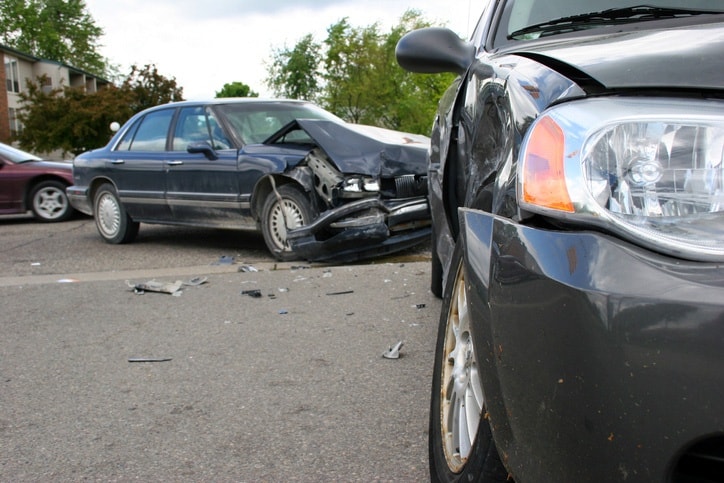
Insurance Company Duty of Good Faith – Colorado Revised Statutes 10-3-1115
Colorado car accident laws require the car insurance company to act in good faith. That means the insurance company must pay a claim promptly when an accident occurs. Colorado law 10-3-1115 says that a car insurance company may not unreasonably delay paying a valid claim for benefits.[4] The person who benefits from the car insurance policy has the right to pursue legal action if the insurance company acts in bad faith and refuses to pay a legal claim fairly.
Duty to Report Accidents to Police – Colorado Law 42-4-1606
All drivers have a duty to report a car accident. In Colorado, all car accidents that result in personal injury or property damage must be reported to the police. The law that requires making a report is Colorado law 42-4-1606.[5] It doesn’t matter if the injuries or property damage is only minor. Colorado car accident laws require a report to law enforcement in all circumstances.
Colorado Traffic Laws – Colorado Revised Statutes Title 42
Colorado car accident laws include Colorado traffic laws. Colorado traffic laws are listed in Colorado Revised Statutes Title 42.[6] The chapter of law gives the rules of the road for vehicle travel in the state. Violations of Colorado traffic law are often important when an accident occurs.
Because a Colorado car accident lawsuit is all about fault, Colorado traffic laws play a critical role in determining fault. If someone violates a traffic law, it’s a good sign that they acted negligently. Although breaking a traffic law isn’t necessarily dispositive of fault for a car accident, traffic laws are instructive when it comes to determining who is to blame and legally responsible for a car accident. Chapter 42 of the Colorado Revised Statutes states the Colorado traffic laws that may be important to a car accident case.
Colorado Car Accident Attorneys
If you’ve been in a car accident, get the attorneys who know Colorado car accident law. At Bachus & Schanker, LLC, we have expert knowledge of all of the laws that may impact your claim. We know how to navigate through the legal system to make sure that you get every dollar that you deserve. When you’re hurt in a car accident, you deserve the best. Justice is our passion. We are conveniently located at 5 Colorado locations near you in Denver, Fort Collins, Colorado Springs, Aurora, and Englewood. Our attorneys are ready to serve you and fight for the compensation you deserve. Call us today to get started with your claim.
Sources
[1] Observatory Corp v. Daly, 780 P.2d 462, 465 (Co. 1989)
[2] C.R.S 13-21-111
[3] C.R.S 13-80-101
[4] C.R.S 10-3-1115
[5] C.R.S. 42-4-1606
[6] C.R.S Title 42
Related Car Accident Resources
You Deserve Fair Compensation
Don’t let the insurance companies intimidate you into accepting less than you deserve. We’re ready to fight for you.

Written and Legally Reviewed By: Kyle Bachus
![]() 4.6 ★★★★★ 1,461 Google Reviews
4.6 ★★★★★ 1,461 Google Reviews
Kyle is a member of the Colorado and Florida Bar associations and has served on the Board of Directors of the Colorado Trial Lawyers Association for more than twenty years in total. Over the years, Kyle has achieved justice for many clients. He has served on numerous committees and repeatedly won recognition from his peers at both the state and national level. He is proud of the role he has played in the passage of state and national legislation to protect consumers and is a frequent speaker and guest lecturer.
